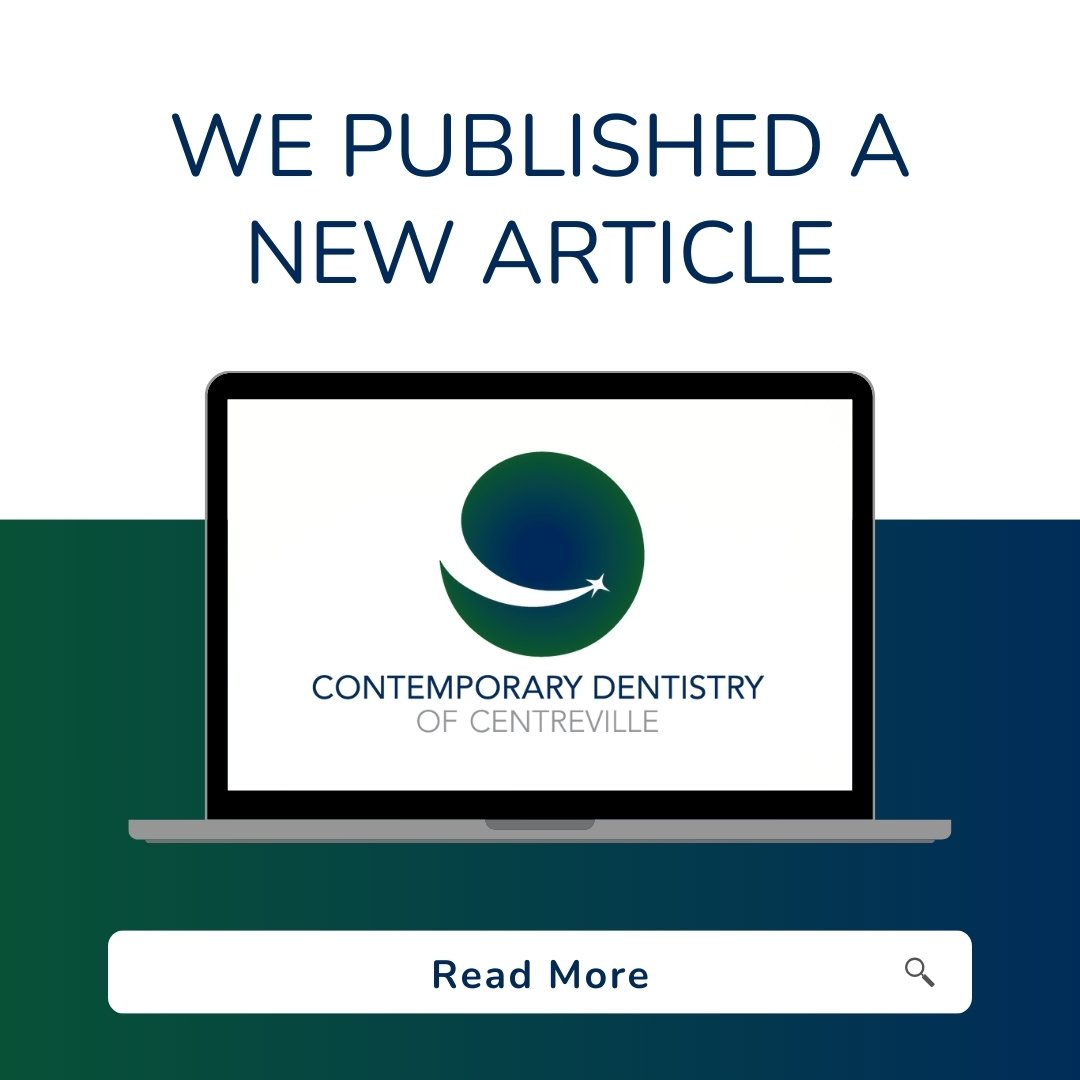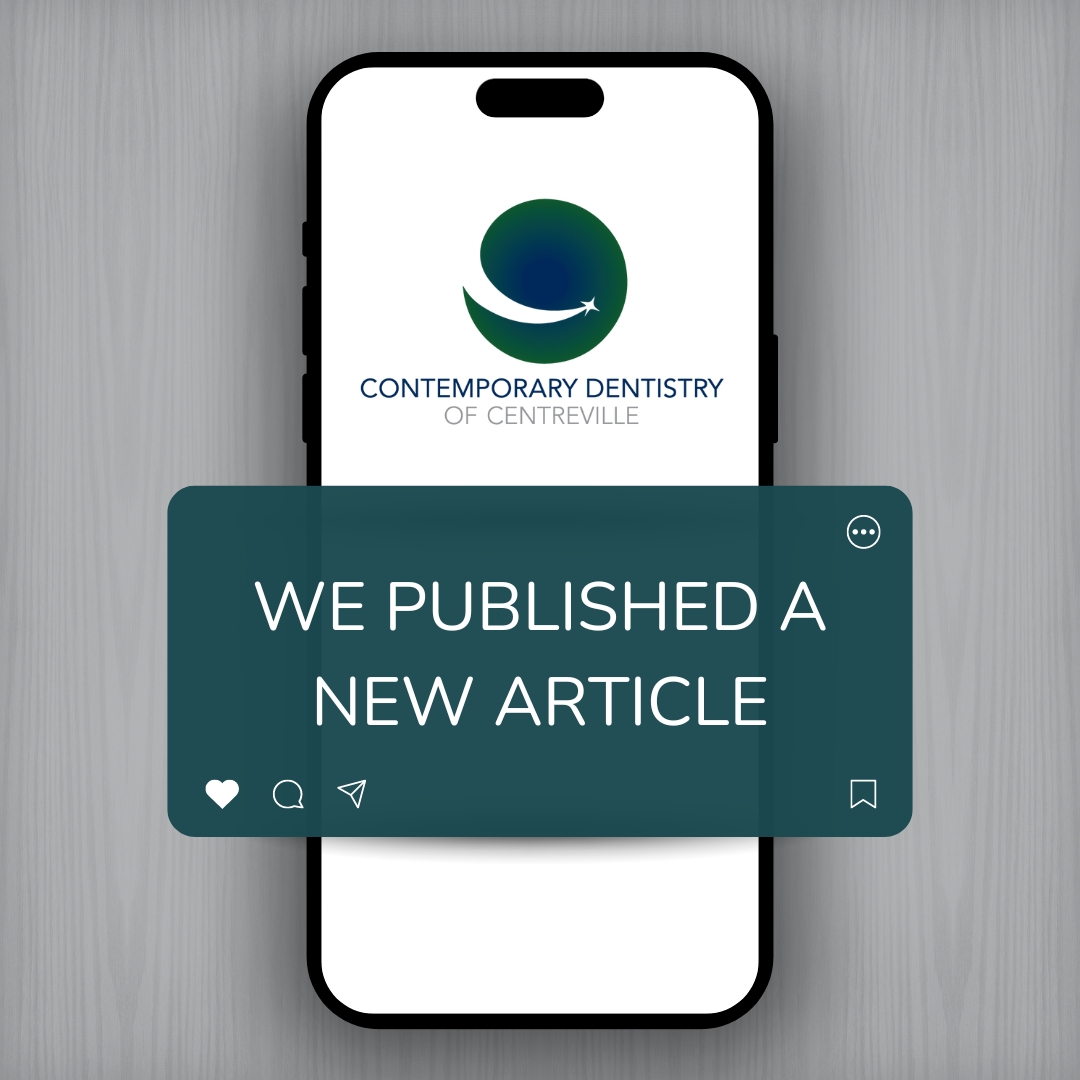
OUR SMARTPHONES are never farther than an arm’s length away and help us do everything from track our calendars to track our calories. Today, we want to show you the wonders they can do for our daily hygiene routines with the help of these apps!
Dental Expert
We may only see you twice a year, but that doesn’t mean you can’t have a “dental expert” by your side every day. The Dental Expert app acts as a patient’s guide to understanding different dental procedures. This app includes frequently asked questions answered by actual dentists. It also has sections discussing myths vs. facts and things that can improve your smile.
Brush DJ
Brushing for two minutes, twice a day is an important part of your oral hygiene routine. It can sometimes be hard to keep track of the time, so why not get some help from your favorite songs with Brush DJ!
Brush DJ is a free app that will play 2 minutes of music from your music library. It also has a visual display guiding you on where to brush and for how long. Brush DJ also lets you set reminders to change your toothbrush, floss and go to regular dental appointments.
Chomper Chums
Getting your child excited about brushing their teeth can sometimes take a bit of creativity. Luckily, Chomper Chums® has you covered. Chomper Chums is a dental hygiene focused app designed to help parents teach children proper brushing techniques while keeping them engaged and entertained.
Children earn rewards within the app for brushing their teeth which they then use to buy food or drinks for their virtual Chomper Chums pet. Don’t worry though, this is a free app and no actual money is used to buy their virtual pals’ treats! The app encourages children to choose healthy food for their on-screen friends as well, so they learn about healthy eating choices in addition to building better oral hygiene habits.
BracesHelp
BracesHelp is an iPhone app for people who have or are considering getting braces. This app has helpful tips, videos and pictures on how to care for braces. It also has information on what to do if you are having trouble with your braces. If used in conjunction with tips you receive during your regular orthodontic appointments, you will have all of the help you need on your smile-makeover journey.
Have You Used One Of These Apps?
Or, do you know of other great dental apps for your smartphone or tablet? Comment and share below! And if you decide to try out one of the apps above, let us know how you like it!
We love giving our patients the resources to not only better educate them about their oral health and hygiene, but to make it fun! If you have any questions about these apps or other dental health topics, please feel free to reach out on social media or give us a call!




















